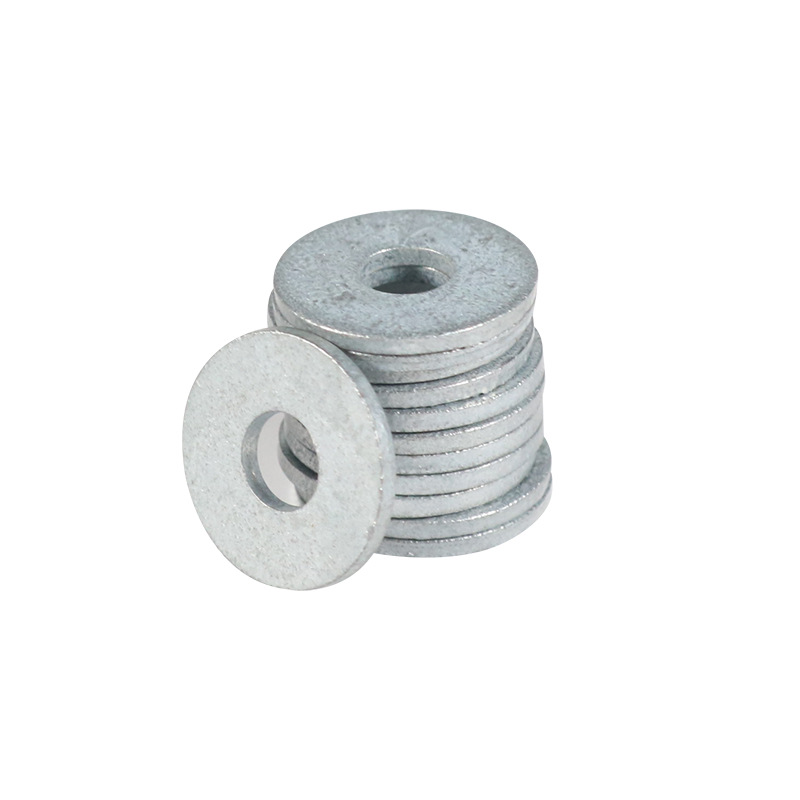

10mm Flange Nut for Secure Connections and Reliable Performance
11월 . 30, 2024 06:36 Back to list
10mm Flange Nut for Secure Connections and Reliable Performance
Understanding the Importance of a 10mm Flange Nut in Engineering Applications
In the world of engineering and manufacturing, the integrity and durability of mechanical assemblies are paramount. Among the numerous fastening solutions available, the flange nut, particularly the 10mm variant, plays a crucial role in ensuring the reliability and performance of various structures and machines. This article delves into the characteristics, applications, and advantages of the 10mm flange nut, illustrating its significance in contemporary engineering practices.
What is a Flange Nut?
A flange nut is a type of nut characterized by a wider circular base, or flange, that extends from the nut body. This flange acts as a built-in washer, distributing the load and pressure more evenly when the nut is tightened against a surface. The design reduces the risk of damage to the material being fastened and minimizes the likelihood of the nut loosening over time due to vibrations or other external forces.
Specifications of a 10mm Flange Nut
The “10mm” in the name refers to the nominal size of the internal thread, which accommodates a 10mm diameter bolt. For this type of nut, the typical thread pitch can be either fine or coarse. In mechanical terms, the nut's dimensions, including its height and the diameter of the flange, are designed according to international standards, ensuring compatibility with standard bolts. Common materials used for flange nuts include stainless steel, carbon steel, and nylon, each selected based on specific application requirements, like corrosion resistance and tensile strength.
Applications of 10mm Flange Nuts
Flange nuts are widely used across various industries, including automotive, aerospace, construction, and manufacturing. Their ability to provide a secure fastening solution without the need for additional washers makes them particularly valuable. In automotive applications, for example, flange nuts are commonly used for securing components such as suspension systems, engines, and chassis parts where stability and safety are critical.
flange nut 10mm

In the construction industry, 10mm flange nuts can be found in structural assemblies, particularly when building frameworks that require robust connections. Their design allows them to handle shear loads effectively, making them suitable for high-stress environments. Additionally, the flange reduces the risk of over-tightening, which could lead to material deformation or failure.
Advantages of Using 10mm Flange Nuts
One of the primary advantages of using 10mm flange nuts is their ability to distribute the load more evenly across the assembly, which minimizes the chance of damage to the connected materials. This property is especially important in applications where materials are sensitive to pressure fluctuations.
Moreover, the built-in flange eliminates the need for separate washers, streamlining the assembly process. This not only saves time during installation but also reduces the number of components that need to be managed, making it a cost-effective solution for engineers and manufacturers alike.
Another significant benefit is the reduced likelihood of loosening under vibration. Flange nuts, due to their larger surface area in contact with the material, provide enhanced friction, which helps maintain the nut’s position over time. This feature is particularly beneficial in environments subject to constant movement and vibration, such as machinery and automotive frameworks.
Conclusion
The 10mm flange nut is a small but mighty component in the realm of mechanical fastening. Its design, which combines the functions of a nut and a washer, makes it an ideal choice for a variety of applications requiring reliable and secure connections. From the automotive industry to construction projects, the flange nut's advantages, including load distribution, ease of assembly, and vibration resistance, demonstrate its essential role in engineering.
As industries continue to evolve and demand greater efficiency and reliability, the importance of fasteners like the 10mm flange nut will only grow. Its contribution to creating safer, more durable structures cannot be overstated, making it a keystone in modern engineering practices. As we move forward, it will be crucial to continue exploring the innovations and improvements in fastening technologies to meet the challenges of tomorrow's engineering tasks.
Latest news
-
Premium Self Tapping Metal Screws: Strong & Easy Install
NewsAug.02,2025
-
Premium Fasteners Manufacturer | AI-Driven Solutions
NewsAug.01,2025
-
Hot Dip Galvanized Bolts - Hebei Longze | High Strength, Corrosion Resistance
NewsAug.01,2025
-
High-Strength Hot Dip Galvanized Bolts - LongZe | Corrosion Resistance, Custom Sizes
NewsAug.01,2025
-
Best Self Tapping Screws for Drywall - Fast & Secure Installation
NewsJul.31,2025
-
High-Strength Hot Dip Galvanized Bolts-Hebei Longze|Corrosion Resistance&Customization
NewsJul.31,2025

